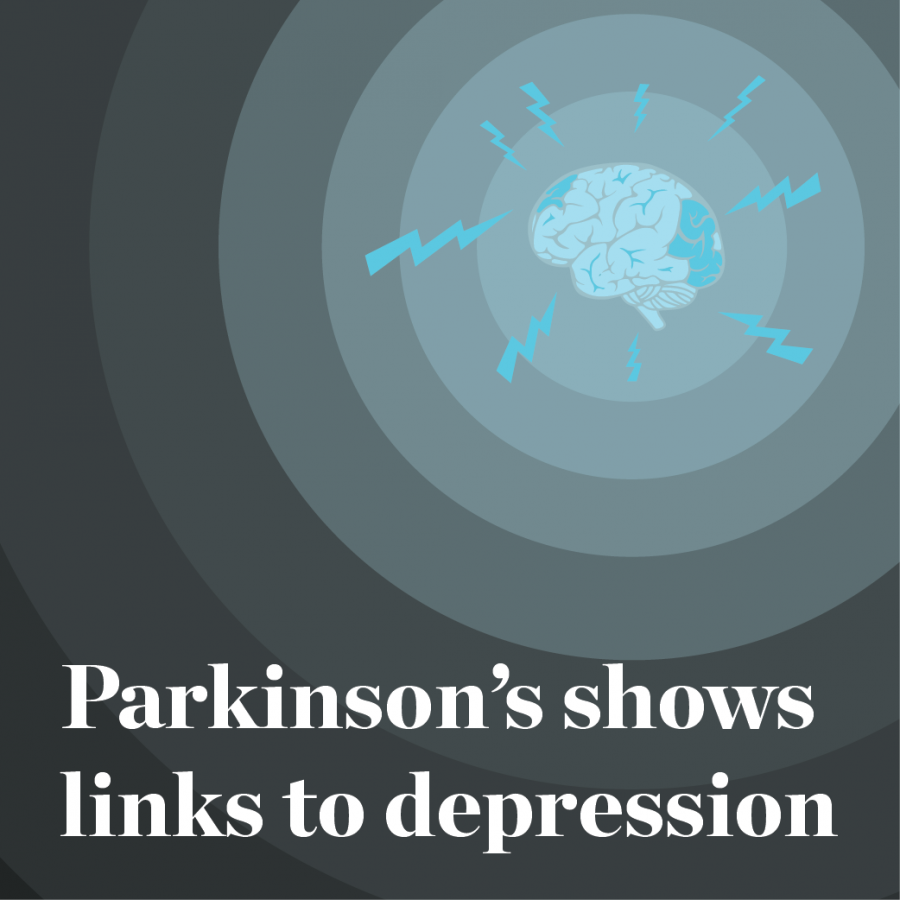Parkinson’s disease shows links to depression
April 20, 2017
Depression is becoming more prevalent in those who have Parkinson’s disease. About 30-40 percent of people will experience depression, but about 20 percent will seek out treatment, according to the National Library of Medicine.
The National Parkinson’s Foundation found that some variation of depression is present in at least 50 percent of people with the disease. Depression is important to manage in Parkinson’s patients, as it could decrease the quality of life and cause immense stress.
As this effect is independent from Parkinson’s, there is no direct correlation as to why depression may coincide with the disease. It is found that certain factors may contribute to the development of depression, such as psychological, biological and environmental influences.
These implications may include an adverse mindset that could make a person feel hopeless or sad due to the disease, as well as a history of depression or life predicaments.
Dr. Timothy J. Collier, a professor of Translational Science and Molecular Medicine at Michigan State University said that depression seems to come along with Parkinson’s.
Get The Daily Illini in your inbox!
“Not only because it’s an alarming diagnosis, but also it’s a part of the chemistry of the disease that people tend to get depression,” said Collier.
Collier studied Parkinson’s patients from clinical trials and “questioned if people have had a history of taking antidepressants (and if) their disease progress more slowly.” He then experimented with rats where one group received the antidepressants and the other didn’t. Collier found that the rats with antidepressants showed pervasions to the dopamine. Due to this, they concluded that antidepressant medication may impact the progression of the disease.
There is no cure for Parkinson’s, but research is still ongoing. Collier mentioned there have been improvements in creating a better quality of life. People dealing with depression in Parkinson’s should receive treatment.
The Journal of Neurology, Neurosurgery & Psychiatry reported various treatments like taking selective serotonin reuptake inhibitors that are now being utilized to treat depression, as their side effects differ with the combination of other medications. Other treatments may include non-conventional therapies like electroconvulsive therapy, which sends electrical currents into the brain.
On top of treatments and therapies that target depression, exercising can also improve the quality of life. Establishing habits like exercising can help the physical symptoms of Parkinson’s like stiffness, tremors and imbalance.
National Institute of Health states that exercising can release endorphins — the hormone related to a positive attitude — which can increase the quality of life.







